The 8th edition of the Seoul Africa Festival (SAF), the largest Africa-themed festival in Korea and a leading African cultural platform in Asia, took place on Sept. 12-13, 2025, at the Dongdaemun Design Plaza (DDP) in Seoul. SAF seeks to celebrate Africa, and at the same time, promote connections between Africa and Asia through live performances, food and cultural experiences, youth forums, and more. From its launch in 2016 until 2024, the event—held annually except for two years during the pandemic—attracted a total of about 350,000 on-site participants. Along with this year's SAF, the number has reached over 400,000—with 58,000 people visiting the festival on Sept. 13 alone, according to DDP's statistics.
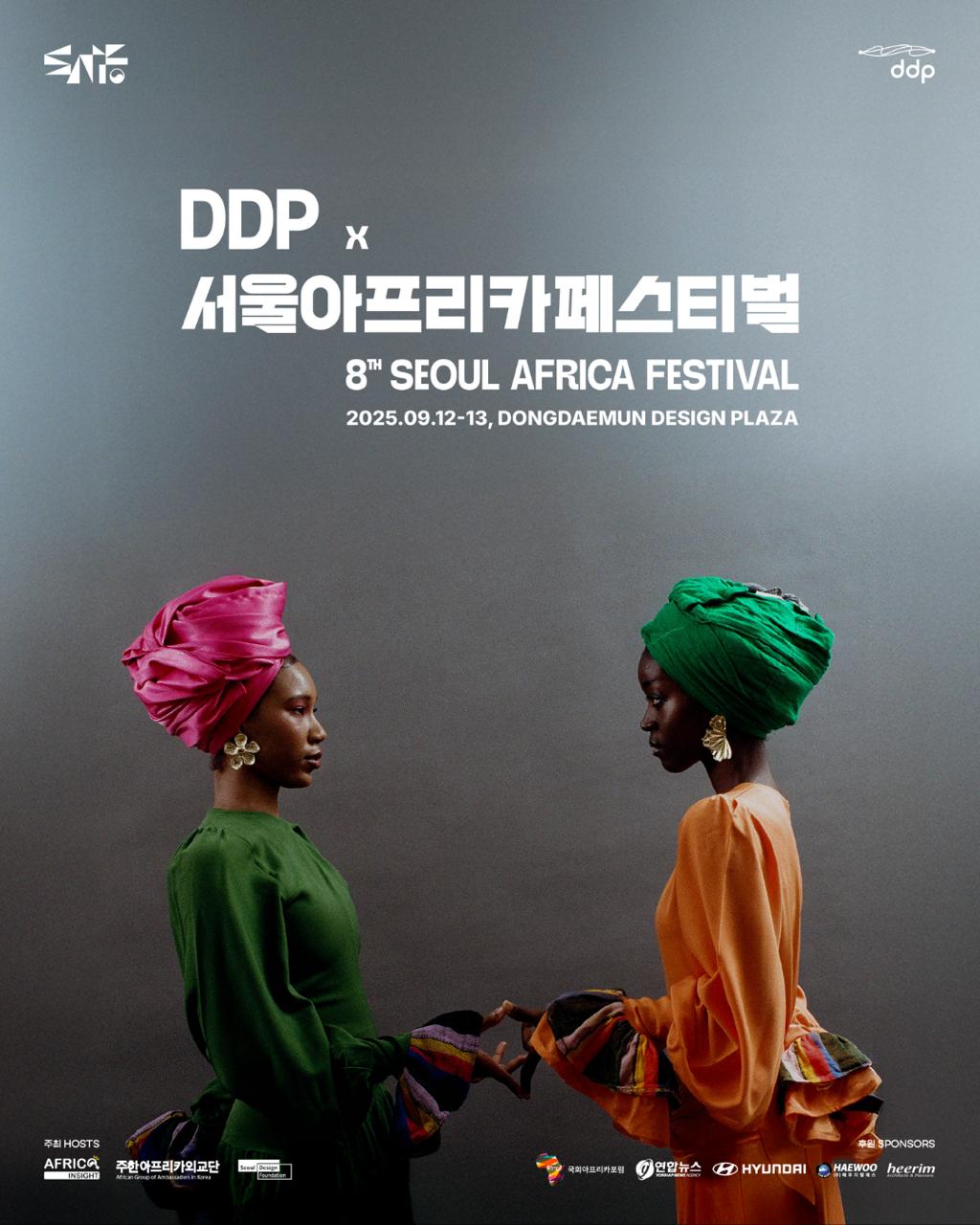
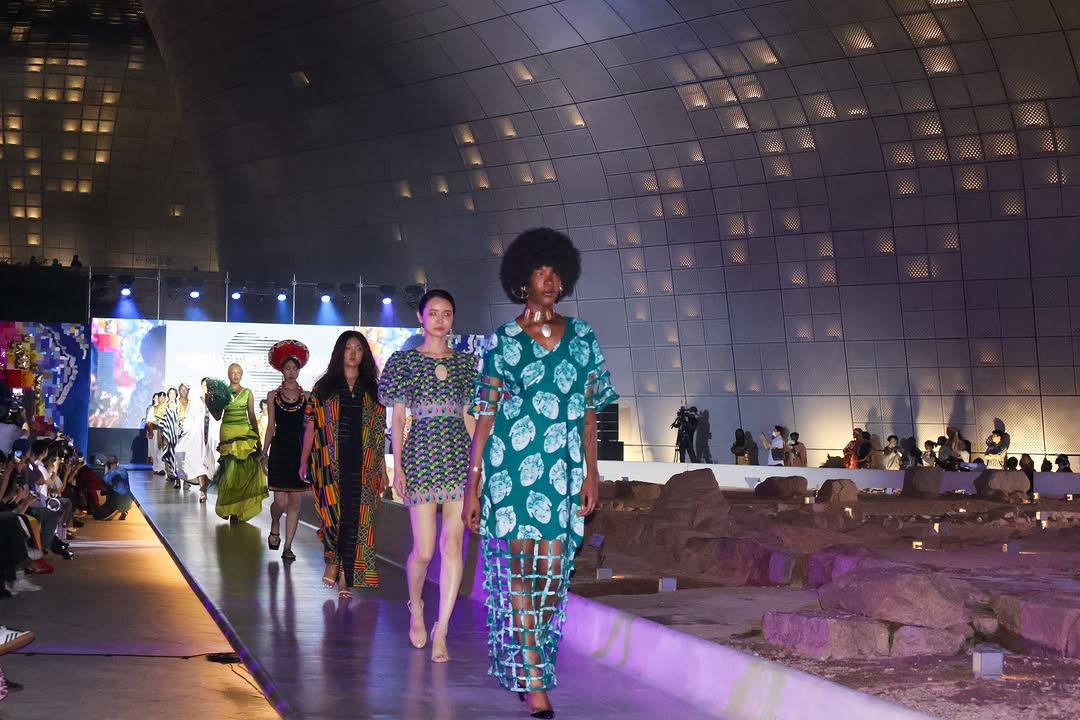
SAF was founded as a collaborative initiative by Africa Insight, the Humanities Korea (HK) Research Project of the Institute of African Studies at Hankuk University of Foreign Studies, and the non-governmental organization (NGO) World Together. "From the very beginning, we also worked hand in hand with African embassies in Seoul, diaspora communities, cultural and artistic groups, academic circles, and civil society organizations," shared Steven Sungyong Heo, founder and executive director of Africa Insight, a non-profit organization dedicated to promoting international cooperation with Africa to address misconceptions about the continent and help solve problems concerning it. "That collective foundation is vital: SAF was never just 'our' project, but a shared platform built together," added Heo.
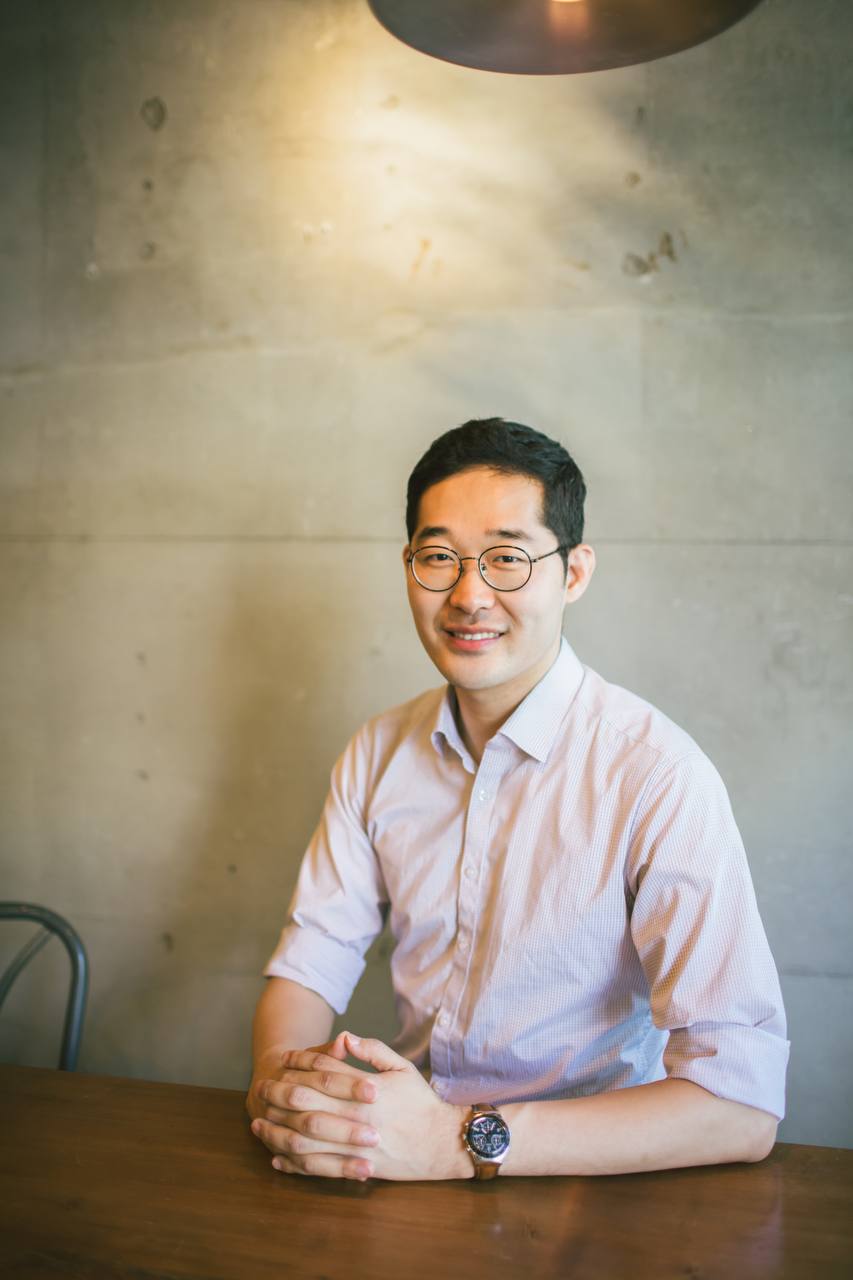
I recently interviewed Heo to learn more about SAF from his point of view as one of the people who established it—and one who has closely witnessed its growth through the years.
Below are excerpts from the interview, which was conducted via email from Sept. 2-19, 2025.
Could you please tell us briefly about yourself and what led you to establish Africa Insight?
My journey with Africa began in 2008, when I first traveled to Tanzania as a young development worker. Over the years that followed, I lived and worked in several African countries, including Tanzania, Senegal, and Kenya, engaging in projects related to education, information and communications technology (ICT), rural development, and cultural initiatives. These years profoundly shaped me—not only professionally, but personally. The Africa I experienced was creative, resilient, diverse, and full of human warmth and innovation. Yet I noticed a painful gap: back in Korea, public images of Africa were often reduced to poverty, conflict, or charity appeals.
That gap convinced me a different kind of platform was urgently needed—one that could bridge perception and reality, and promote more respectful, balanced, and future-oriented approaches to Africa. That is why in 2013, together with like-minded colleagues, I co-founded Africa Insight. Our mission has always been "Changing the Paradigm of Africa." For us, that means moving beyond one-way charity models and outdated stereotypes, toward relationships that are more horizontal, reciprocal, and grounded in respect. Over the past twelve years, Africa Insight has grown into a movement spanning education, media, advocacy, and cultural exchange—always with the conviction that narrative change, if sustained, can eventually shape structures and policies.
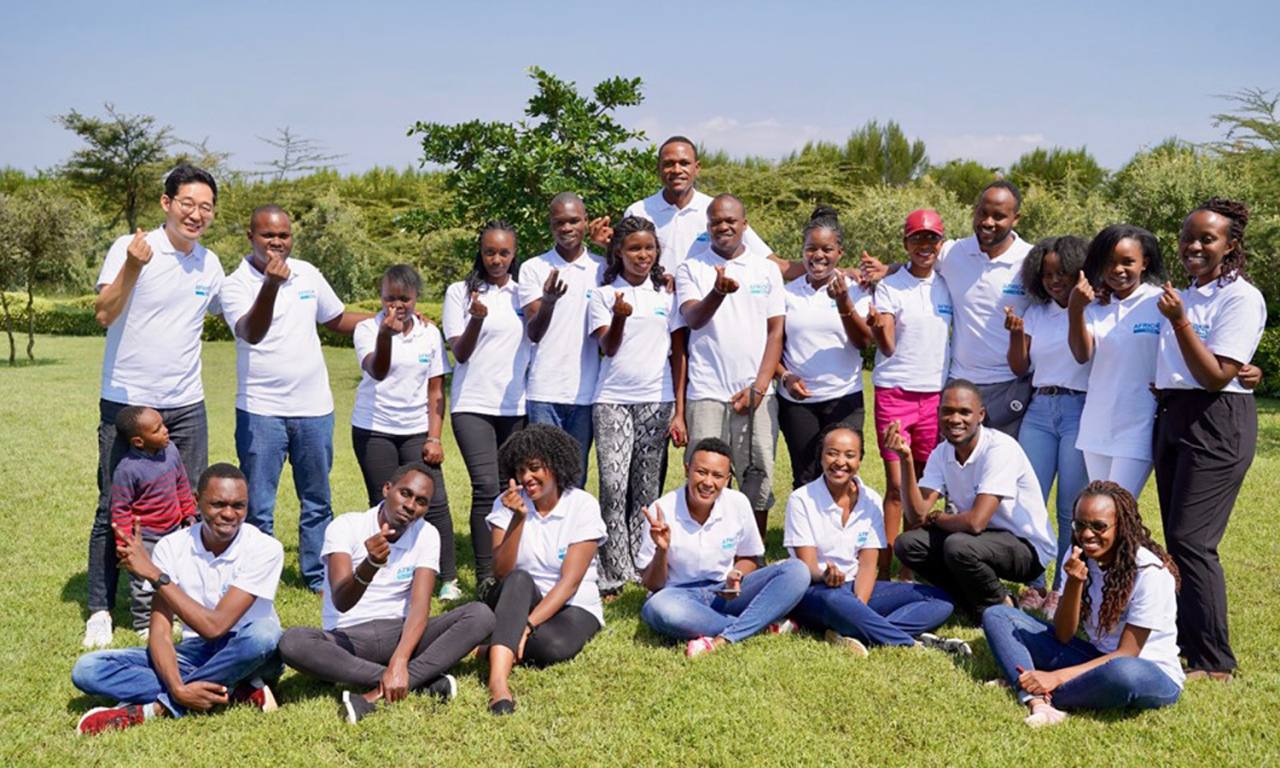
What motivated you to start the Seoul Africa Festival?
We were motivated by two key goals. First, to share the richness and diversity of African cultures with the Korean public, who had very limited chances to encounter them. Second, to create a common meeting ground where multiple actors—embassies, communities, organizations—could come together. At that time, there were mostly single-country or theme-based events. Those were valuable, but we believed that by standing together, the impact could be much greater. Culture has the unique power to open hearts and connect people in ways that policy or economics alone cannot. That conviction was the spark for SAF, and it continues to drive us today.
Could you kindly tell us a bit more about your role in organizing SAF, particularly in working with African embassies and other agencies/organizations in Korea?
My role is both visionary and practical. As executive director of Africa Insight—one of the co-founding and organizing institutions—I help ensure the festival remains aligned with its mission of fostering Africa–Asia solidarity. But I am also very hands-on. Much of my work involves convening and coordinating diverse partners so that the festival is truly collective.
African embassies are central partners. They bring legitimacy, authenticity, and national representation. We consult them from the earliest planning stages, design programs together, and highlight their cultures through booths, performances, and exhibitions. Beyond embassies, we also engage diaspora communities, Korean institutions such as the Korea–Africa Foundation, academic groups, international NGOs, and private sector sponsors. My job is often to mediate, connect, and build trust—so that every stakeholder feels their voice is respected and that the festival belongs to them.
What major factors does SAF take into account when choosing hosts, performers, booths, etc. to participate in the festival each year?
Several guiding principles shape our choices.
Authenticity: SAF must reflect Africa's real diversity, not simplified or stereotyped images. Embassies, communities, and African artists themselves are invited to curate and present.
Diversity: Africa is not a single story. We strive to ensure regional balance—North, West, East, Central, Southern Africa—and to showcase a range of art forms, from traditional performances to contemporary fashion.
Accessibility: The festival should be engaging for the general public, including families and first-timers. That is why we combine stage shows with hands-on workshops, educational zones, food experiences, and interactive activities.
Representation: Hosts and masters of ceremonies (MCs) reflect both African and Korean voices; performers include both professionals and community members; booths are run not only by embassies but also by NGOs, social enterprises, and student groups.
Together, these principles ensure SAF is not just a cultural showcase, but an inclusive platform for exchange.
Looking back, in what significant ways has the festival changed or grown over the years?
The growth has been remarkable, both in numbers and in meaning. In the very first year, the number of booths and stage performances was not very large. The scale was modest compared to what we see today—but the sincerity, vision, and passion of the organizers and participants were at their peak. That spirit of authenticity laid the foundation for all that has followed.
Since then, SAF has expanded dramatically. The 7th edition in 2024 drew over 50,000 attendees, with 28 booths, live performances, the Asia Africa Talent Award, educational zones, and even premium fashion showcases featuring designers from Africa and Korea.
But the deeper transformation is qualitative. SAF has grown beyond a cultural fair into a platform for cultural diplomacy, diaspora representation, and youth leadership. We now publish annual reports, conduct surveys, and host after-talks to evaluate and improve. Increasingly, international designers, artists, and policymakers are recognizing SAF as a serious space for Korea–Africa engagement. Looking ahead, our vision is for the 10th edition in 2027 to stand as Asia's representative African cultural platform.
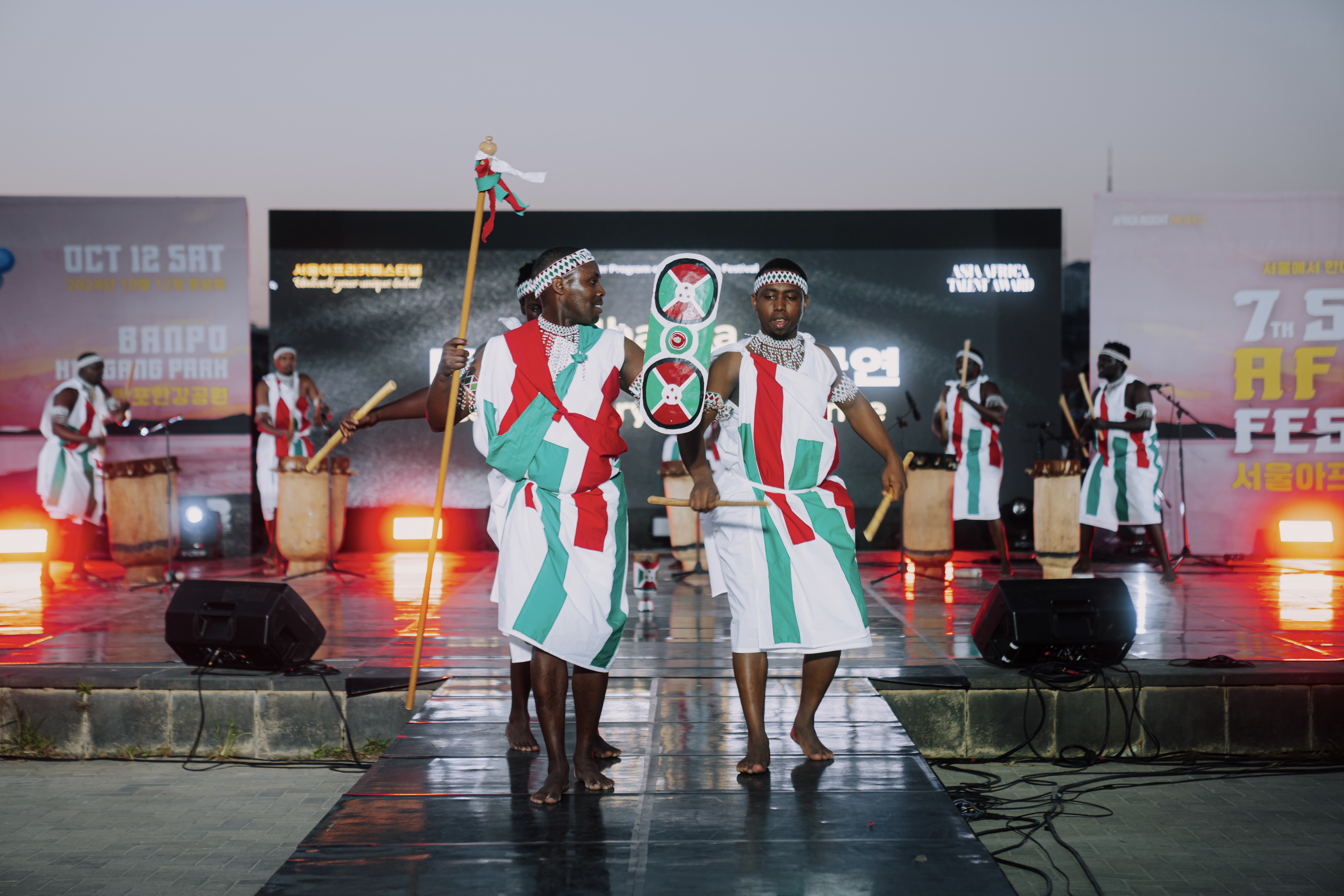
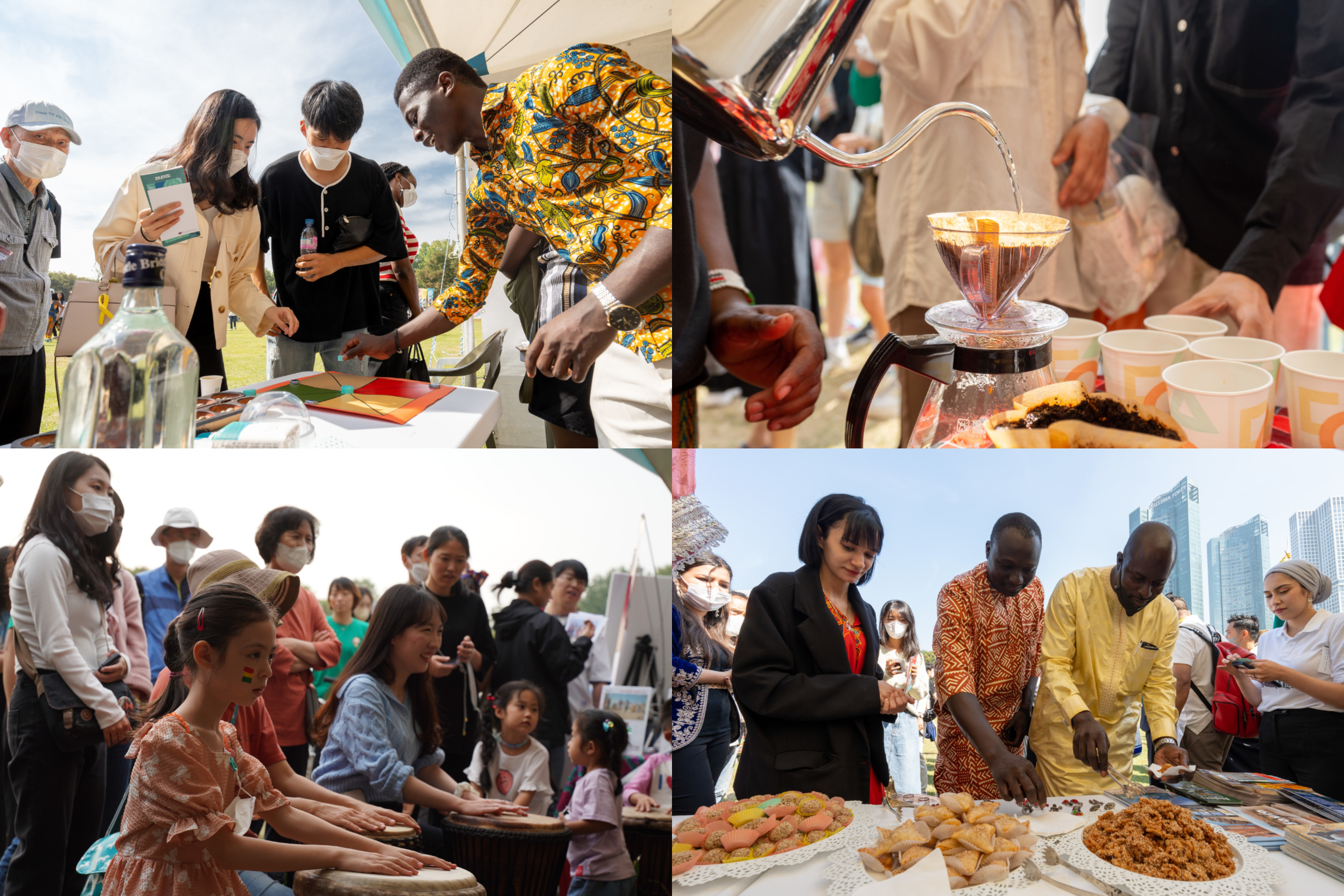
What do you feel is the greatest accomplishment of SAF to date?
The greatest accomplishment is its continuity. Year after year, despite limited resources, SAF has managed to bring together African embassies, diaspora communities, Korean citizens, and international partners in one space. That in itself is extraordinary.
If I were to name one specific impact, I would highlight how SAF has given visibility and recognition to Africans living in Korea, while offering Korean audiences a more authentic and multi-dimensional encounter with Africa. In a country where the African population is small and sometimes marginalized, this visibility and recognition are precious.
Could you please share a personal experience at SAF that has stayed with you?
Many moments stay with me, but one that stands out is from the SAF Crew volunteers. At the end of each festival, when we gather for a closing reflection, they are exhausted but often share how meaningful the experience was—how they made new friends, learned more deeply about Africa, and felt they had been part of something larger than themselves.
Another unforgettable moment is when African parents tell me that SAF was the first time their children had seen their heritage publicly celebrated in Korea. That single sentence always reminds me why we continue, even when the challenges feel overwhelming.
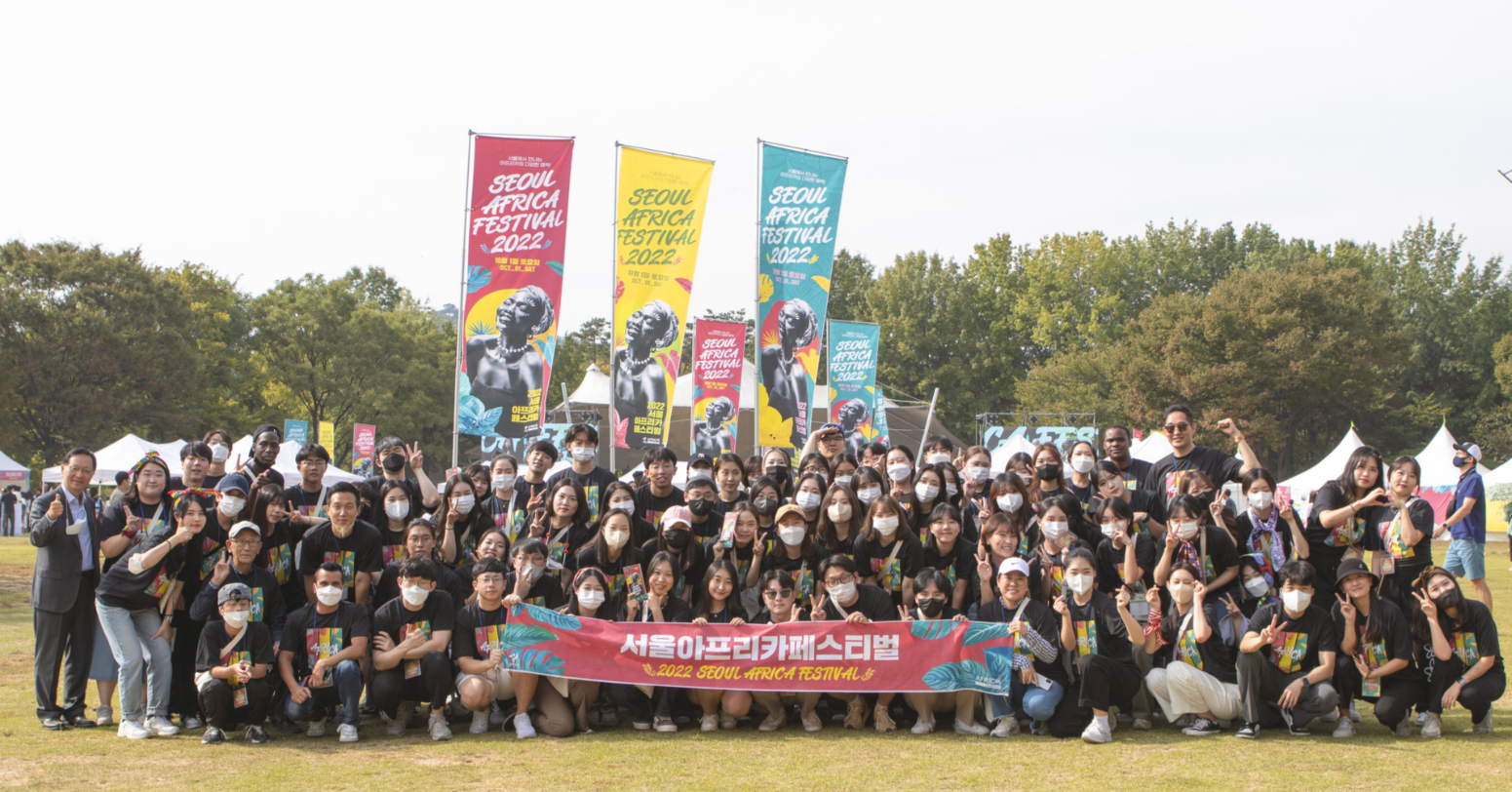
What's the most memorable comment or feedback you've received so far from SAF attendees?
The feedback that stays with me most is very simple: "I didn't know Africa was like this. My view has completely changed." That sentence encapsulates our mission of shifting paradigms. If even one visitor leaves the festival seeing Africa with new respect and curiosity, then we have already succeeded.
What message would you like to express to the members of the SAF Crew?
The SAF Crew are truly the heartbeat of the festival. Without their energy, creativity, and dedication, SAF could not exist. Over the years, more than a hundred young people from diverse backgrounds have served as volunteers, interns, and staff. They embody the spirit of Ubuntu: "I am because we are."
My message is one of gratitude: thank you. You turned an idea into a living reality. Even as you move forward in your careers and lives, I hope you carry with you the lessons, friendships, and sense of global citizenship that SAF has given you.
What is your message to people, especially first-timers, who would like to attend future editions of SAF?
Come with an open mind and an open heart. SAF is more than a festival to observe—it is a space to join. You will encounter music, art, food, and fashion, but above all, you will meet people: ambassadors, artists, entrepreneurs, families, and students.
For first-time visitors, I encourage you not just to watch but to participate—dance, taste, talk, ask questions. SAF is about connecting, sharing, and allowing yourself to be transformed by the experience.
Is there anything else you would like to share about the Seoul Africa Festival?
At its core, SAF is about people and relationships. Beyond the booths and performances, what matters most is the human connection—meeting, listening, respecting, and imagining together.
Korea is well known for spreading its own culture globally, but SAF is our way of making Korea a place where other cultures—especially Africa's—are equally welcomed and celebrated. We are still at the stage of "plowing the field and sowing seeds." Social change takes time. But if we stay true to our vision and values, and continue building together with embassies, communities, institutions, and citizens, SAF can become not just an annual festival but a genuine platform of solidarity between Africa and Asia.
How about this article?
- Like1
- Support0
- Amazing2
- Sad0
- Curious0
- Insightful0


